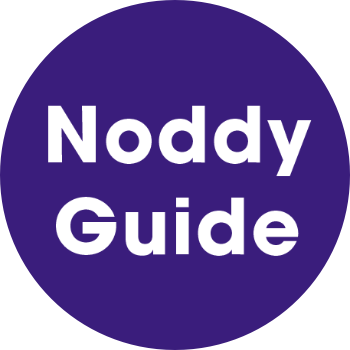08.06 Can HCP (health care provision) or SCP (social care provision) also be SEP (special educational provision)?
A: SenseCheck

- 1 Yes
- 0 No
- 0 Other
- 14 Feb 2022
-
Yes
|
Complex
Yes. However, CFA2014 s21(5) is needed and operates to ensure that aspects of what were previously regarded as SEP which would otherwise also now fall within the definition of SCP or HCP remain treated as SEP (rather than SCP or HCP): “Health care provision or social care provision which educates or trains a child or young person is to be treated as special educational provision (instead of health care provision or social care provision).” Whether the particular item of HCP or SCP educates or trains for the CYP in question (which is what matters) is a judgment to be made by the LA (or FTT on appeal): R & RK v Hertfordshire CC [2025] UKUT 381 (AAC) #27.
There is no rule that SEP is provision which is “exclusively educational”, and “there is no requirement of exclusivity in CFA2014 s21(5): East Sussex CC v JC [2018] UKUT 81 (AAC)#22. See also: LB Bromley v SENT [1999] ELR 260 and A v Hertfordshire CC [2006] EWHC 3428 in relation to “educational” generally.
The task of the FTT is different between ‘direct’, and ‘deemed’ SEP (i.e. provision falling in CFA2014 s21(5)).
For direct provision it may add, amend or remove, it; but for deemed provision the tribunal’s only role is to classify the social care provision to filter out that part of the provision that is properly classified as SEP under CFA2014 s21(5): East Sussex CC v TW [2016] UKUT 528 (AAC)#15-26 (although the FTT has greater powers in respect of social care provision during the national trial).
To be deemed SEP, the provision must “educate” or “train”. This is different to whether something is “educational” (for the purposes of being direct SEP). For example, a hearing aid enabling a pupil to hear the class can be (direct) educational provision even though it does not itself “educate” the pupil: EAM v East Sussex CC [2022] UKUT 193 (AAC) #7-10.
This example demonstrates there is a distinction between the terms “educational provision” (CFA2014 s20(1), 21(1)-(2)) and “educates or trains” (CFA 2014 s21(5)), such that “educational provision” is wider than the range of things which provide “education and training”. HCP (or SCP) may also be “educational provision”, and where this is a possibility the FTT should consider first whether health care provision “educates or trains” before considering direct educational provision: R & RK #29-30, #41-43.
In East Sussex CC v KS [2017] UKUT 273 (AAC)#89, the UT approved of City of Bradford v A [1997] ELR 417 and OD v Gloucestershire CC [2013] UKUT 113 in finding that even if medical and nursing support is essential for the child or young person to be educated, that does not of itself make it SEP. The UT considered a powered wheelchair in East Sussex CCC v JC [2018] UKUT 81 (AAC)#29: “If (and it might be a big if) the use of the powered wheelchair educates or trains, there is no rule excluding its provision from being educational or training provision, but the FTT needs to make adequate findings about how a young person’s use of a wheelchair actually educates or trains him”. The UT set aside the FTT decision so the FTT could properly consider that question.
The UT has left open the question of whether direct SEP and deemed SEP are mutually exclusive: Westminster CC v FTT [2023] UKUT 177 (AAC) #110.
Where provision is SEP by virtue of CFA s21(5), then it is SEP “instead of” HCP or SCP provision i.e. it is no longer HCP or SCP for the purposes of the EHCP. As such, any provision in sections G or H is not SEP: R (LS) v LB Merton [2024] EWHC 584#47. It would therefore only form part of recommendations of the FTT, and not constitute an order. That prohibition on duplication should not though lead to provision being split into components, with an SEP element in section F and an SCP element in section G. More: 12.27 Can you enforce an FTT recommendation that health or social care provision is specified in an EHCP?
More:
08.02 Is there a rule specifying what counts as SEP?
08.08 Can Psychiatric input be SEP?[updated 01/03/26]

|
Comment